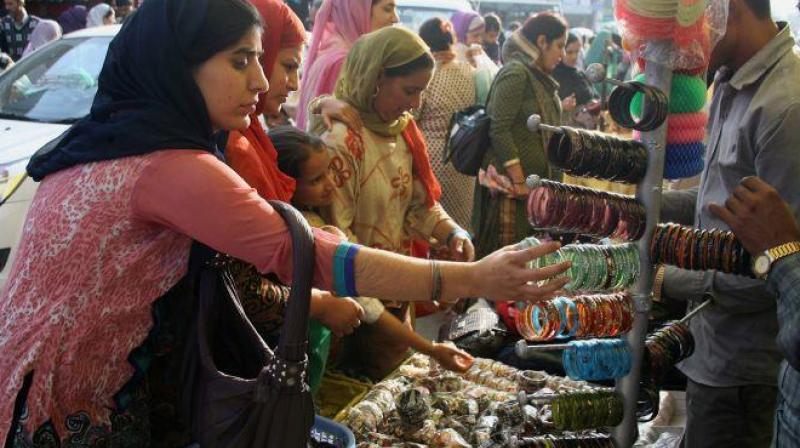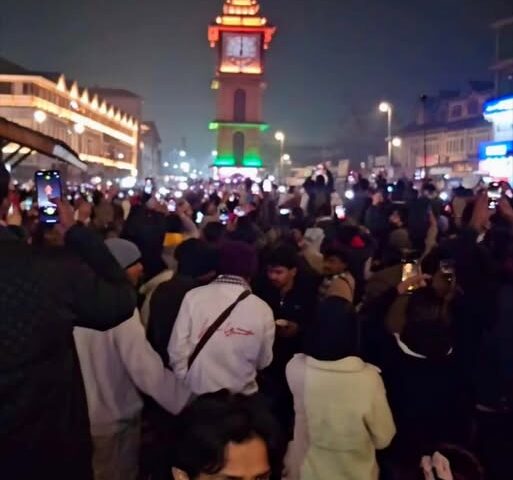Economic Distress Shadows Eid Celebrations in Kashmir
Srinagar, March 28, 2025 – The festive season leading up to Eid-ul-Fitr in Kashmir, traditionally a time of joy and economic activity, has been overshadowed by an overwhelming sense of financial uncertainty. Traders and businessmen across the region are voicing serious concerns about an increasingly fragile economy that has left markets stagnant and livelihoods strained.
Eid Festivities Dampened by Economic Woes
Instead of bustling markets filled with shoppers, the streets of Kashmir are quieter than usual, reflecting a downturn in business activity. The Secretary General of the Kashmir Chamber of Commerce and Industry (KCCI), Faiz Ahmad Bakshi, described the impact of a liquidity crunch on market dynamics. “Business sentiment is at an all-time low. Sales have plummeted due to a severe liquidity crisis,” Bakshi revealed.
Challenges Across Sectors
The hospitality and tourism industries, which have seen sporadic growth post-COVID-19, have been unable to recover fully. Bakshi pointed out that any earnings hoteliers managed to accrue have mostly gone toward servicing old debts. The crisis is exacerbated by pending contractor bills amounting to thousands of crores, alongside delayed salaries and pensions for over 400,000 government employees.
Muhammad Yaseen Khan, President of Kashmir Traders and Manufacturers Federation, echoed these concerns, describing the situation as a “silent crisis.” Small-scale farmers, entrepreneurs, and individuals financing personal needs—such as weddings—are struggling under mounting debts. “Local newspapers are dominated by auction notices, as banks move to recover loans by selling properties,” Khan remarked, painting a grim picture of the region’s economic landscape.
Debt Burden and Inflation
Kashmir’s economy is reeling under a staggering debt burden of 1.25 lakh crore rupees, with non-performing assets (NPAs) soaring to 4.8%. Inflation has eroded financial resilience across all sectors, affecting everything from agriculture to retail.
Calls for Intervention
Experts argue that the region requires strategic reforms focusing on job creation, industrial growth, and sustainable economic models. With Eid approaching, there is a renewed call for the government to address immediate financial concerns, such as releasing pending bills and salaries before the fiscal year ends on March 31. Such measures would provide much-needed relief to businesses and individuals struggling to make ends meet.




